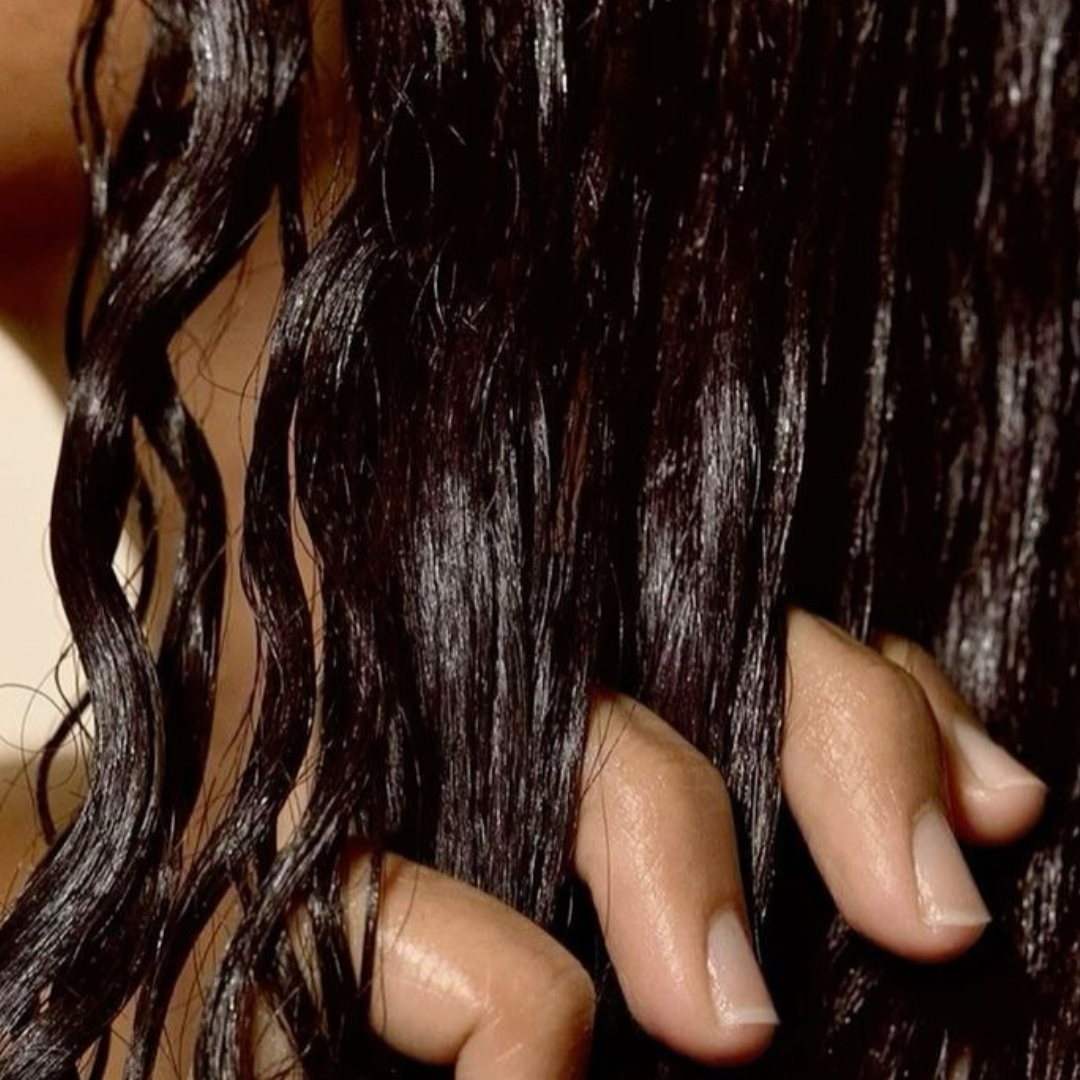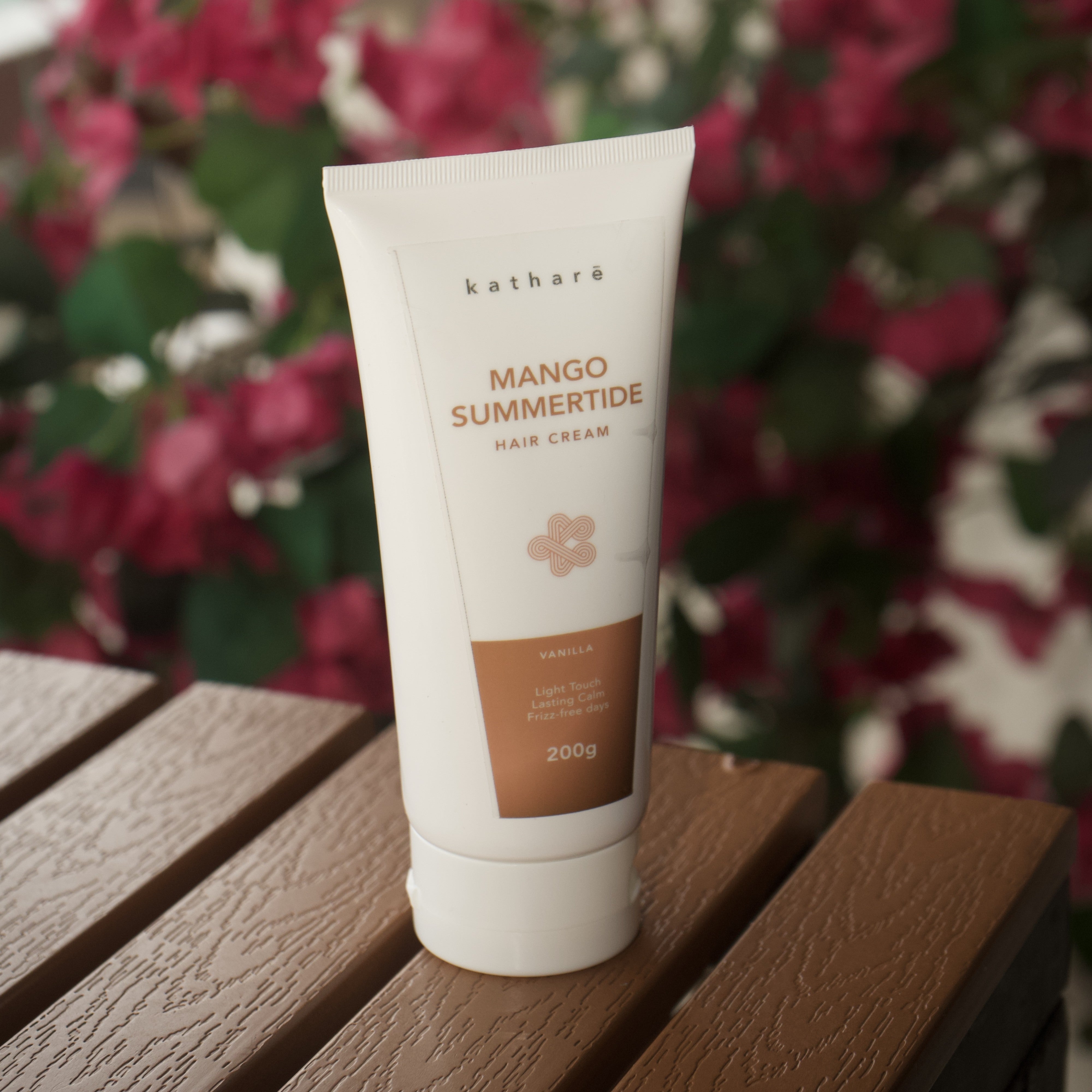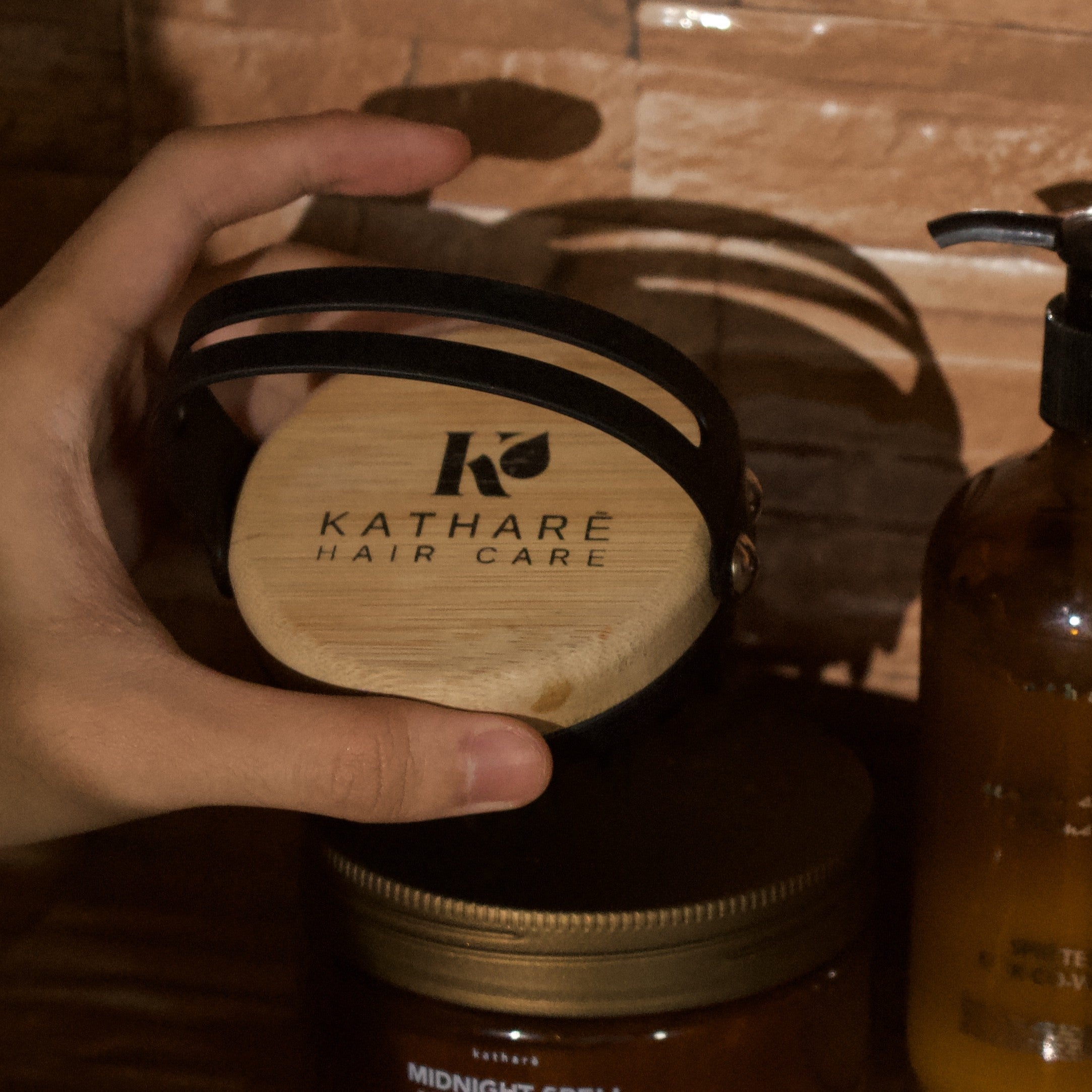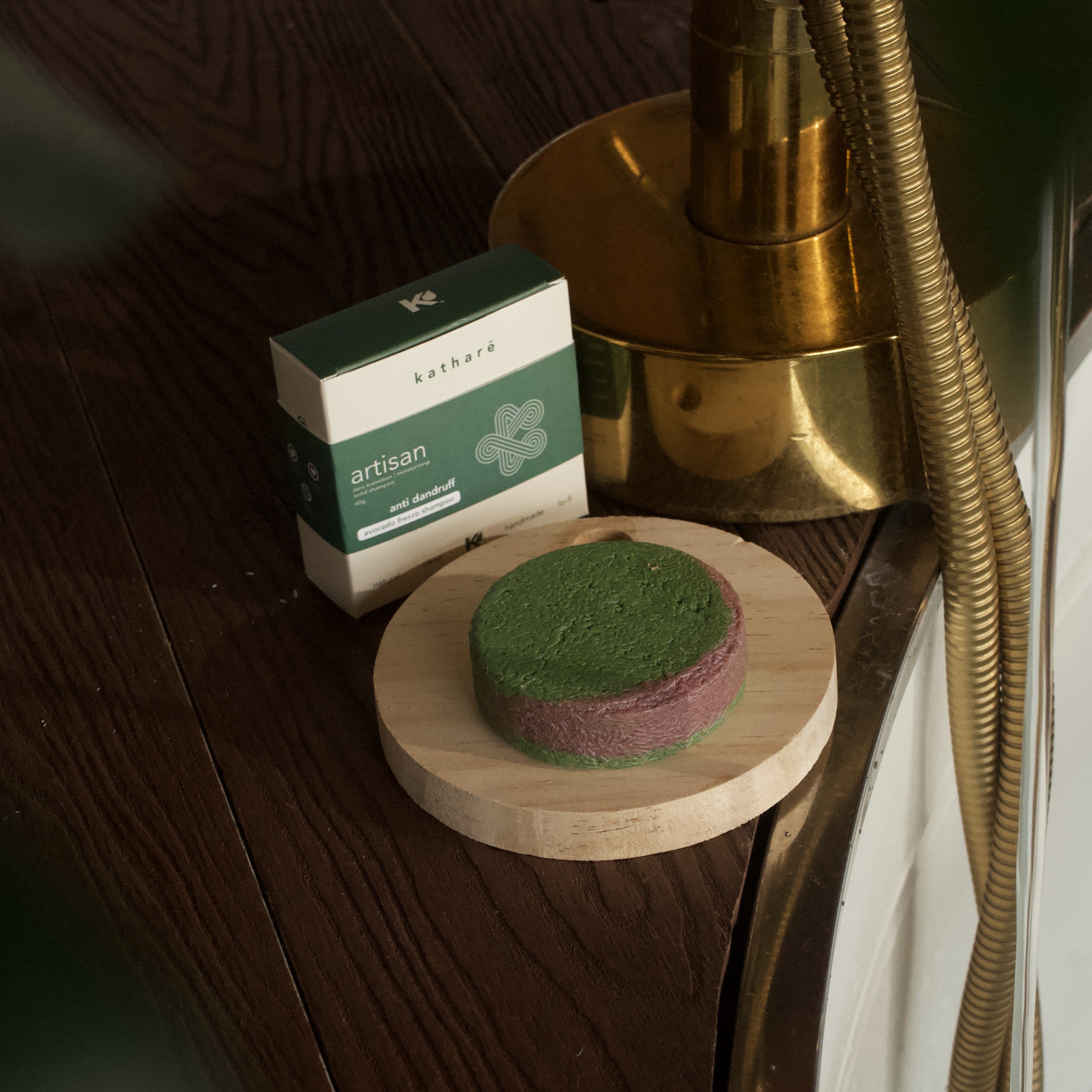

Related Posts
Say Goodbye to Wasted Money: How to Find the Best Hair Care
We know exactly what the space under your bathroom sink looks like: a 'Product Graveyard' of half-empty bottles you used twice and hated. It's not always the product's fault—it's biology. In this post, we break down the reality of Hiyangan (compatibility) and why we’re introducing a 14-Day Risk-Free Guarantee to finally end the cycle of wasted money.
Learn moreWEAK ROOTS & STRESS-RELATED HAIR FALL: What Your Scalp Is Telling You
Hair fall is often caused by stress, hormonal shifts, or nutrient deficiencies. Scalp care supports regrowth, but internal balance is essential.
Learn moreSENSITIVE SCALP: Why Your Scalp Reacts to Everything
A sensitive scalp reacts due to inflammation or a weakened skin barrier. The best approach is to reduce triggers, simplify products, and calm the scalp before treating other concerns.
Learn more









